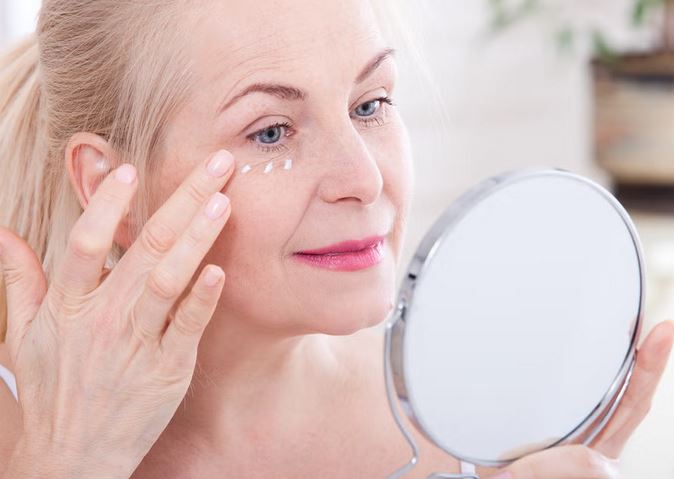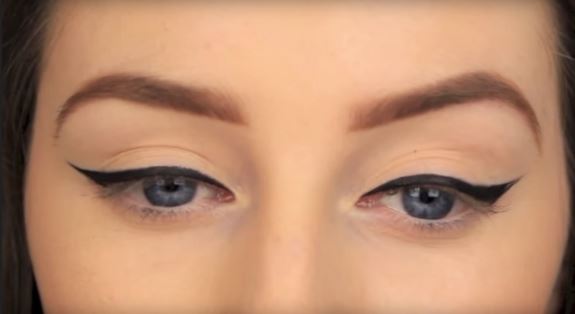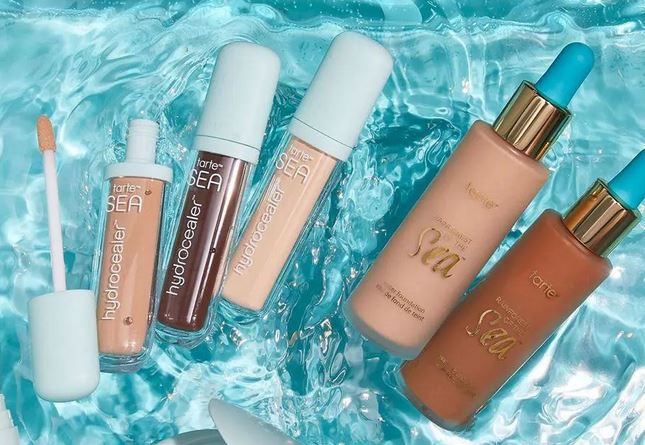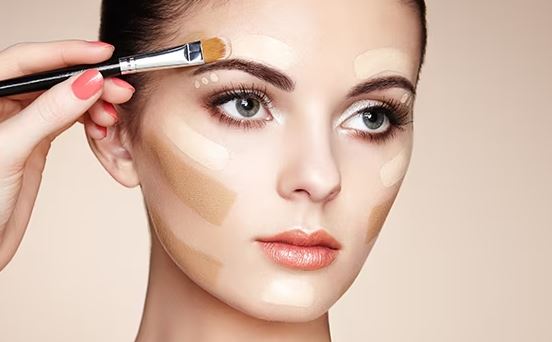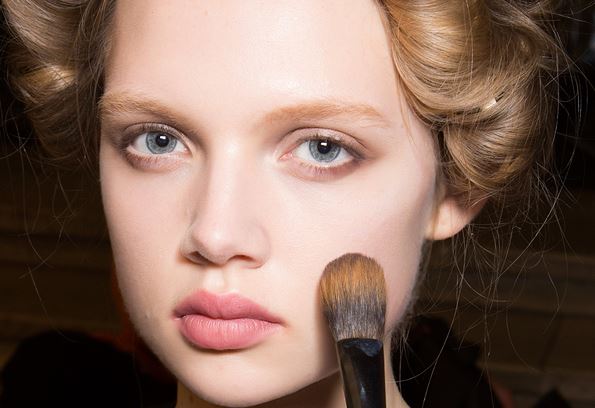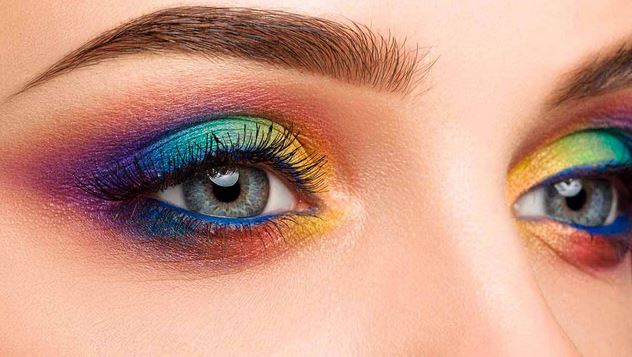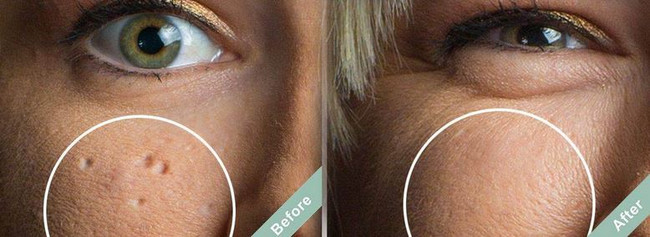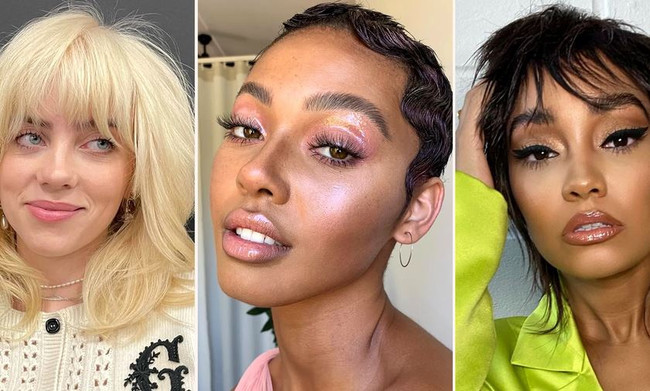In the quest for maintaining a youthful and vibrant appearance, many individuals turn to anti-aging makeup. This revolutionary beauty trend combines cosmetics with skincare benefits to provide a comprehensive solution for aging skin. But what exactly is the science behind anti-aging makeup? How does it work, and what are the key ingredients that make it effective? In this article, we will delve into the world of anti-aging makeup, exploring its scientific foundations, benefits, and the key factors that contribute to its efficacy.
The Science Behind Anti-Aging Makeup
Anti-aging makeup is not just a cosmetic product; it is a result of extensive research and innovation in the beauty industry. By incorporating cutting-edge scientific advancements, anti-aging makeup aims to address the specific concerns associated with aging skin. Let's explore the science behind this transformative beauty trend:
Skin Aging: Understanding the Process
Before delving into the science behind anti-aging makeup, it is essential to grasp the fundamentals of skin aging. As we age, our skin undergoes various changes, including decreased collagen production, loss of elasticity, and increased dryness. These changes contribute to the formation of wrinkles, fine lines, and other visible signs of aging.
Key Ingredients in Anti-Aging Makeup
-
Hyaluronic Acid: This naturally occurring substance in the skin plays a crucial role in maintaining hydration and plumpness. Anti-aging makeup often contains hyaluronic acid to replenish moisture and restore the skin's youthful appearance.
-
Retinol: Retinol, a derivative of Vitamin A, is a potent ingredient in anti-aging skincare. It stimulates collagen production, reduces the appearance of wrinkles, and promotes cell turnover. Many anti-aging makeup products harness the power of retinol to provide long-term skin rejuvenation.
-
Peptides: Peptides are amino acid chains that help stimulate collagen synthesis and improve skin elasticity. By including peptides in anti-aging makeup formulations, manufacturers aim to enhance the skin's natural rejuvenation process.
-
Antioxidants: To counteract the damaging effects of free radicals, anti-aging makeup often incorporates antioxidants like Vitamin C and E. These ingredients protect the skin from environmental stressors and help maintain a youthful complexion.
-
Sunscreen: UV radiation is a significant contributor to premature skin aging. Anti-aging makeup products frequently include broad-spectrum SPF to shield the skin from harmful UV rays, preventing photoaging and maintaining skin health.
Benefits of Anti-Aging Makeup
The application of anti-aging makeup offers several benefits beyond traditional cosmetics. Here are some advantages of incorporating anti-aging makeup into your beauty routine:
-
Improved Skin Texture: Anti-aging makeup products are designed to create a smooth and flawless canvas. They minimize the appearance of pores, fine lines, and wrinkles, resulting in a refined skin texture.
-
Hydration and Moisture: Many anti-aging makeup products contain hydrating ingredients that infuse the skin with moisture, combating dryness and promoting a plump and supple complexion.
-
Skin Protection: With the inclusion of SPF and antioxidants, anti-aging makeup provides an added layer of protection against sun damage and environmental aggressors, preventing premature aging and maintaining skin health.
-
Long-Term Benefits: The active ingredients in anti-aging makeup, such as retinol and peptides, offer long-term benefits by stimulating collagen production and supporting skin rejuvenation over time.
FAQ's
-
What is the ideal age to start using anti-aging makeup?
It is recommended to start incorporating anti-aging makeup into your beauty routine in your late 20s or early 30s. Prevention is key when it comes to aging gracefully, and using anti-aging makeup early on can help maintain youthful-looking skin.
-
Can anti-aging makeup completely reverse the signs of aging?
While anti-aging makeup can provide significant improvements to the appearance of aging skin, it cannot completely reverse the natural aging process. It can, however, help minimize the visible signs of aging and improve the overall texture and radiance of the skin.
-
Are there any side effects associated with anti-aging makeup?
Generally, anti-aging makeup is formulated to be safe for most individuals. However, some people with sensitive skin may experience mild irritation or allergic reactions. It is advisable to perform a patch test before using a new product and discontinue use if any adverse reactions occur.
-
How often should I use anti-aging makeup?
Anti-aging makeup can be used daily as part of your regular beauty routine. It is important to follow the instructions provided by the manufacturer and apply the product consistently to achieve the desired results.
-
Can anti-aging makeup replace a skincare routine?
Anti-aging makeup should complement, rather than replace, a comprehensive skincare routine. While it offers skincare benefits, it is still essential to cleanse, moisturize, and protect your skin using appropriate skincare products for optimal skin health.
-
Are there any lifestyle factors that can enhance the efficacy of anti-aging makeup?
Yes, maintaining a healthy lifestyle can enhance the efficacy of anti-aging makeup. A balanced diet, regular exercise, adequate sleep, and minimizing stress can all contribute to overall skin health and support the benefits provided by anti-aging makeup.
Conclusion
As the beauty industry continues to evolve, the science behind anti-aging makeup becomes increasingly sophisticated. By understanding the key ingredients, benefits, and application of anti-aging makeup, individuals can make informed choices to address their aging skin concerns. Whether it's reducing the appearance of wrinkles, improving skin texture, or protecting against environmental damage, anti-aging makeup offers a comprehensive solution for a youthful and radiant appearance.
|
